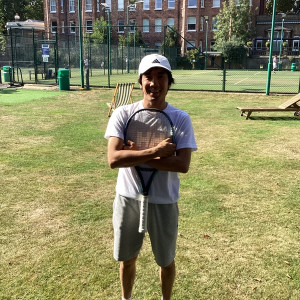The 2025 Mutua Madrid Open has wrapped up, showcasing world-class clay-court tennis alongside substantial prize payouts. This year, the total combined prize fund for men’s and women’s events was €8,055,385, marking a modest increase of approximately 2.3% compared with 2024, when the combined fund was €7,877,020. The tournament continues to offer equal prize money for men’s and women’s singles, reinforcing its status as one of the sport’s most equitable events outside the Grand Slams.
Here’s the official breakdown of the 2025 prize money for both singles and doubles:
| Round | Singles (€) | Doubles (€) |
|---|---|---|
| Winner (W) | 985,030 | 400,560 |
| Finalist (F) | 523,870 | 212,060 |
| Semifinalist (SF) | 291,040 | 113,880 |
| Quarterfinalist (QF) | 165,670 | 56,950 |
| Round of 16 (4R singles / 2R doubles) | 90,445 | 30,540 |
| Round of 32 (3R singles / 1R doubles) | 52,925 | 16,690 |
| Round of 64 (2R singles) | 30,895 | — |
| Round of 128 (1R singles) | 20,820 | — |

How Is Prize Money Distributed?
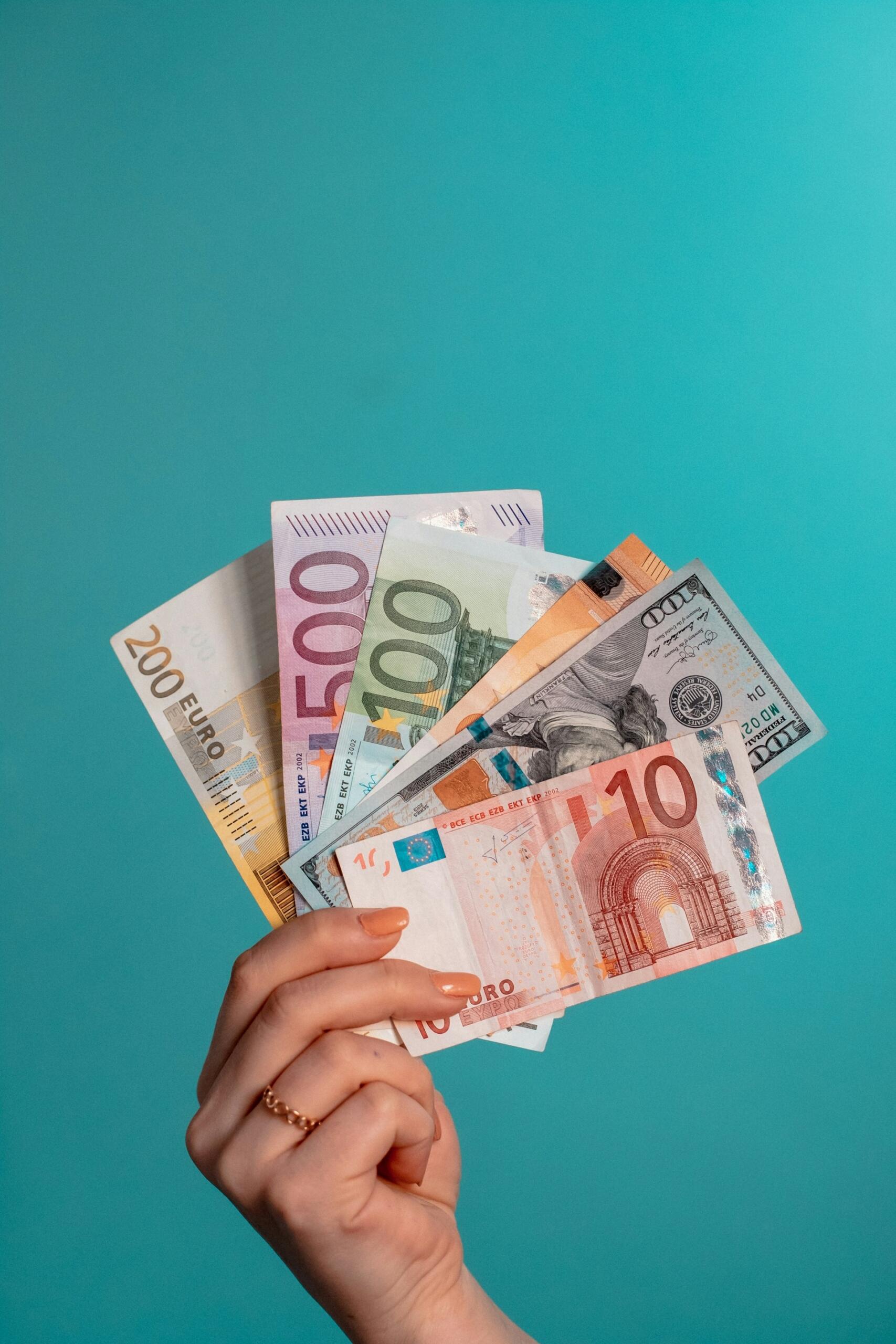
The system for determining any tournament's total prize purse is complex. It relies on how much money the tournament owners contribute, and how much the event's sponsors kick in. Factors that have nothing to do with tennis also play a role in deciding how much money tournament officials will have to divide among the players.
Such factors include: the country hosting the tournament, local populations' enthusiasm for tennis, the time of year the tournament is held, the facilities hosting the tournament the level of tennis talent the event attracts.
Fortunately, the Madrid Open checks all the boxes in the 'desirable' column, for these criteria. Sunny Madrid is already a tourist hotspot, so tennis enthusiasts gladly travel there for matches. The purpose-built arena, opened in 2009, has all the space it needs to welcome them all, and enough courts for a proper contest.
Rafael Nadal, the recently retired Spanish tennis legend, has done much to boost this sport's profile in his native country.
With all the beneficial factors in place, we see that Madrid Open winners stand to earn a fair chunk. Now the tournament official must decide how to compensate their players.
Funds Distribution Across Associations
Players arrive in Madrid from two tennis associations: the Association of Tennis Professionals (ATP), and the Women's Tennis Association (WTA). It is those two associations that oversee tournament payouts. Accordingly, the tournament officials give each association their share of prize money to distribute (All figures cited from Perfect Tennis.com).
In 2024, the Madrid Open total purse was €15 574 985.
The ATP received €7 877 020 to pay its players with.
The WTA received €7 697 965.
The 2025 Madrid Open featured a 96-player draw for both ATP and WTA singles events, with 12 players entering through qualifying rounds and 8 receiving wildcards in each draw. This structure ensured that both men's and women's competitions were equally represented.
Despite the equal number of participants, the total prize fund for the tournament was €15,909,385, with €7,877,020 allocated to both the ATP and WTA events. This allocation reflects a commitment to gender equality, as both ATP and WTA singles champions received €985,030, and finalists earned €523,870 each. Diario AS
In summary, the 2025 Madrid Open maintained its tradition of equal prize money distribution between male and female players, ensuring fairness and recognition of their achievements on the court.
Winner: €985,030
Finalist: €523,870
Semifinalist: €291,040
Quarterfinalist: €165,670
Round of 16: €90,445
Round of 32: €52,925
Round of 96: €20,820
Winner: €985,030
Finalist: €523,870
Semifinalist: €291,040
Quarterfinalist: €165,670
Round of 16: €90,445
Round of 32: €52,925
Round of 96: €20,820
- Equal Prize Money: Both the ATP and WTA singles tournaments offered equal prize money in 2025, with the winner of each receiving €985,030.
- Prize Distribution: The prize money decreased progressively from the winner to the first-round participants, reflecting the standard distribution in tennis tournaments.
- Total Prize Fund: The total prize fund for the 2025 Madrid Open was €8,055,385, with the ATP and WTA each receiving €4,027,692.50 to distribute among their players.
Women's sports greats, from football to tennis, continue their fight for pay equality in sports. Tennis is the one sport where women can out-earn men, match for match.
We don't yet know what the total purse is for Madrid Open 2026. In the same vein, we don't yet know what the Madrid Open schedule 2026 look like. We cannot predict whether players will see a boost - or a decrease, in their Madrid potential earnings, or what their order of play is.
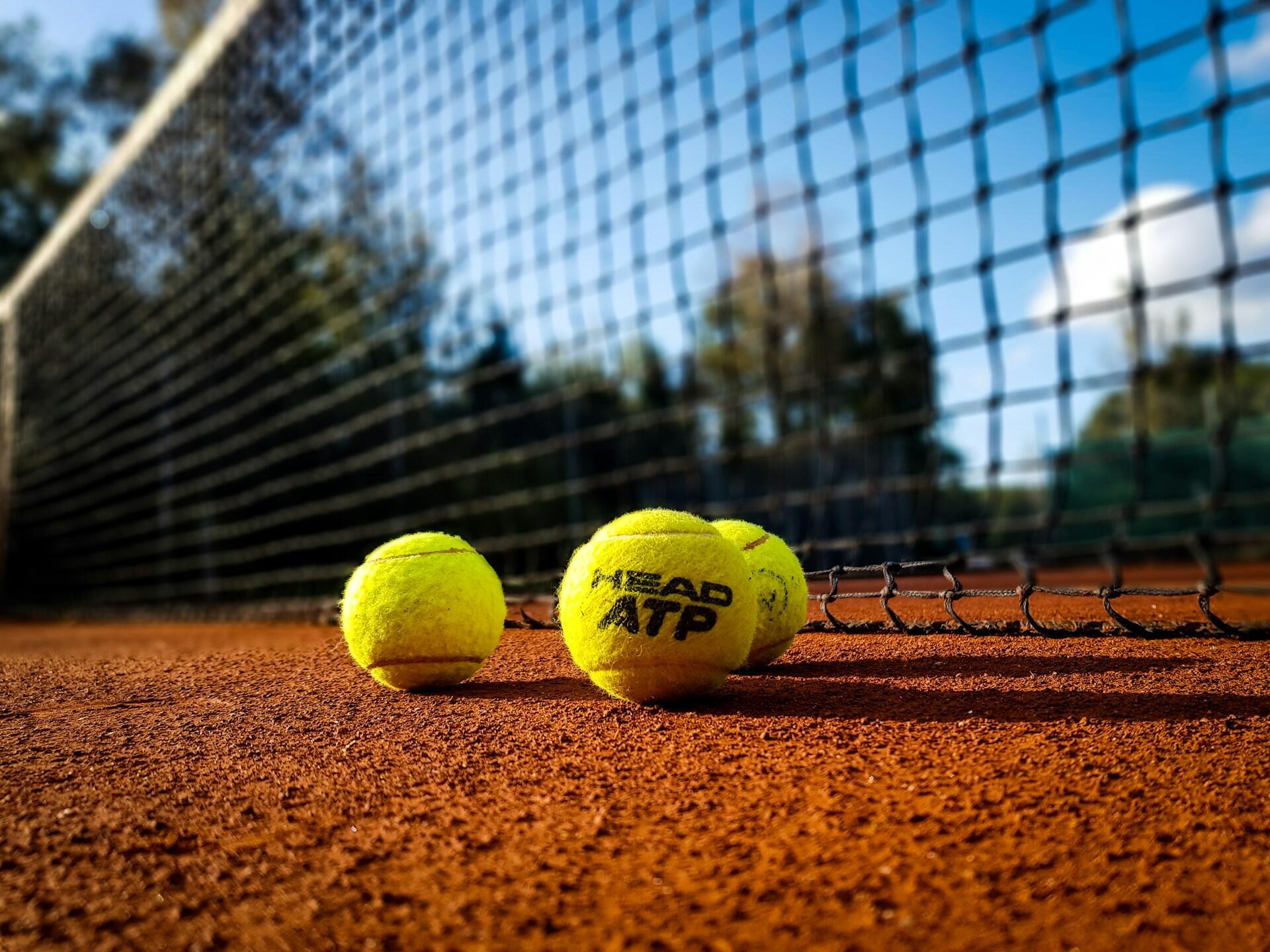
Comparing Madrid Open Earnings with Other ATP/WTA Tournaments
The Madrid Open is a Masters 1000 tournament. That implies it has a higher status than Masters 500 and 250 tournaments. Those lower-level tournaments are great for players to boost their standing in the ranks, and their profiles. But, the real money comes from the top-level contests.
So, we needn't compare Madrid players' earnings with those of lower-ranked tournaments. Instead, we focus on similarly-ranked contests: Indian Wells, Monte Carlo, the Italian Open, and the Miami Open.
| 📍Tournament location | 💰Total purse | ➕/➖ | 🤵ATP prize money | 👩WTA prize money |
|---|---|---|---|---|
| Indian Wells, California 6–17 March 2024 | $17 991 110 | +2.22% from 2023 | $8 995 555 | $8 995 555 |
| Miami Open, Florida 19–31 March 2024 | $17 991 110 | +2.22% from 2023 | $8 995 555 | $8 770 480 |
| Madrid Open, Spain Apr 24 – May 5 2024 | €15 503 525 | +1.1% from 2023 | €7 877 020 | €7 697 965 |
| Monte Carlo, France Apr 7 – 14 2024 | €5 950 575 | +2.96% from 2023 | €919 075 | €919 075 |
| Italian Open, Italy May 18-19, 2024 | €12 668 125 | +2% from 2023 | €7 877 020 | €4 791 105 |
This chart shows that Madrid prize money falls midrange, between other, similar-level contests. However, for a deeper comparison, we look at Madrid's prize purse, versus the French Open, the only Grand Slam tournament on clay.
2025 Madrid Open
- Total Prize Fund: €8,055,385
- Winner's Prize: €985,030
- Finalist's Prize: €523,870
2025 French Open
- Total Prize Fund: €56,352,000
- Winner's Prize: €2,550,000
- Finalist's Prize: €1,275,000
From all these comparisons, we see that, though Madrid is a prestigious event, its prize purses are far less than the Grand Slam tournaments.
How Much Do Tennis Players Rely on Sponsorships?
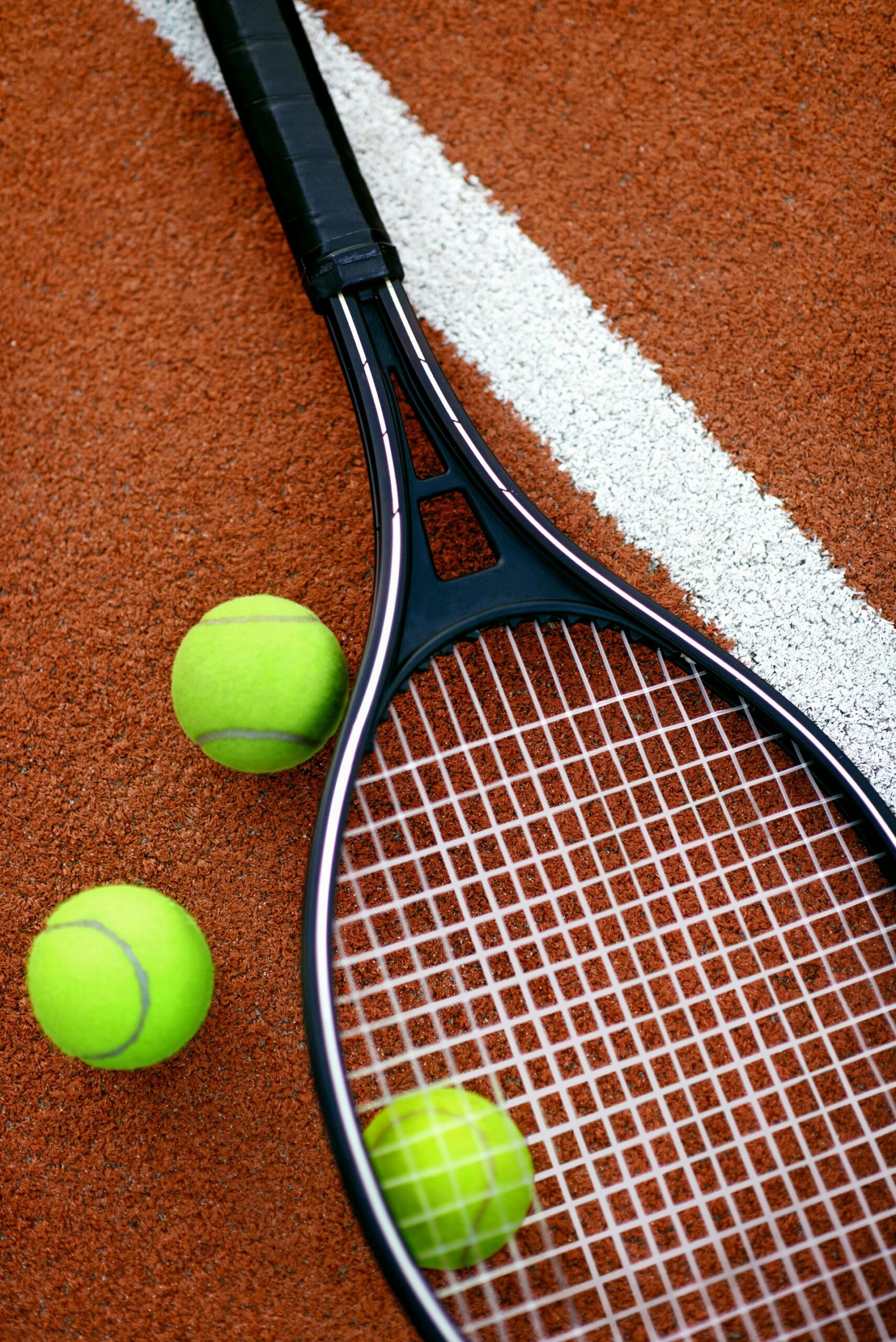
Often, tennis players rely more on their sponsorships for earnings than on prize money from tournaments. For example, Spain's top tennis player, Carlos Alcaraz, earns more from his sponsors each year than from the tournaments he plays in.
Playing tennis is expensive. A player appearing in just three months' worth of tournaments will go through several pairs of shoes. All that sprinting, sliding, and stopping wears shoes out rather quickly.
If they play year-round, they must have a pair of shoes suited for clay, another for hard court tournaments, and yet another for grass.
Various tournaments have dress codes, too. An acceptable ensemble at the Australian Open may not be allowed on the Roland Garros courts. ATP Majors events have their specifications, too. All of this means a large wardrobe and a substantial cash outlay. That's just for clothes and shoes.
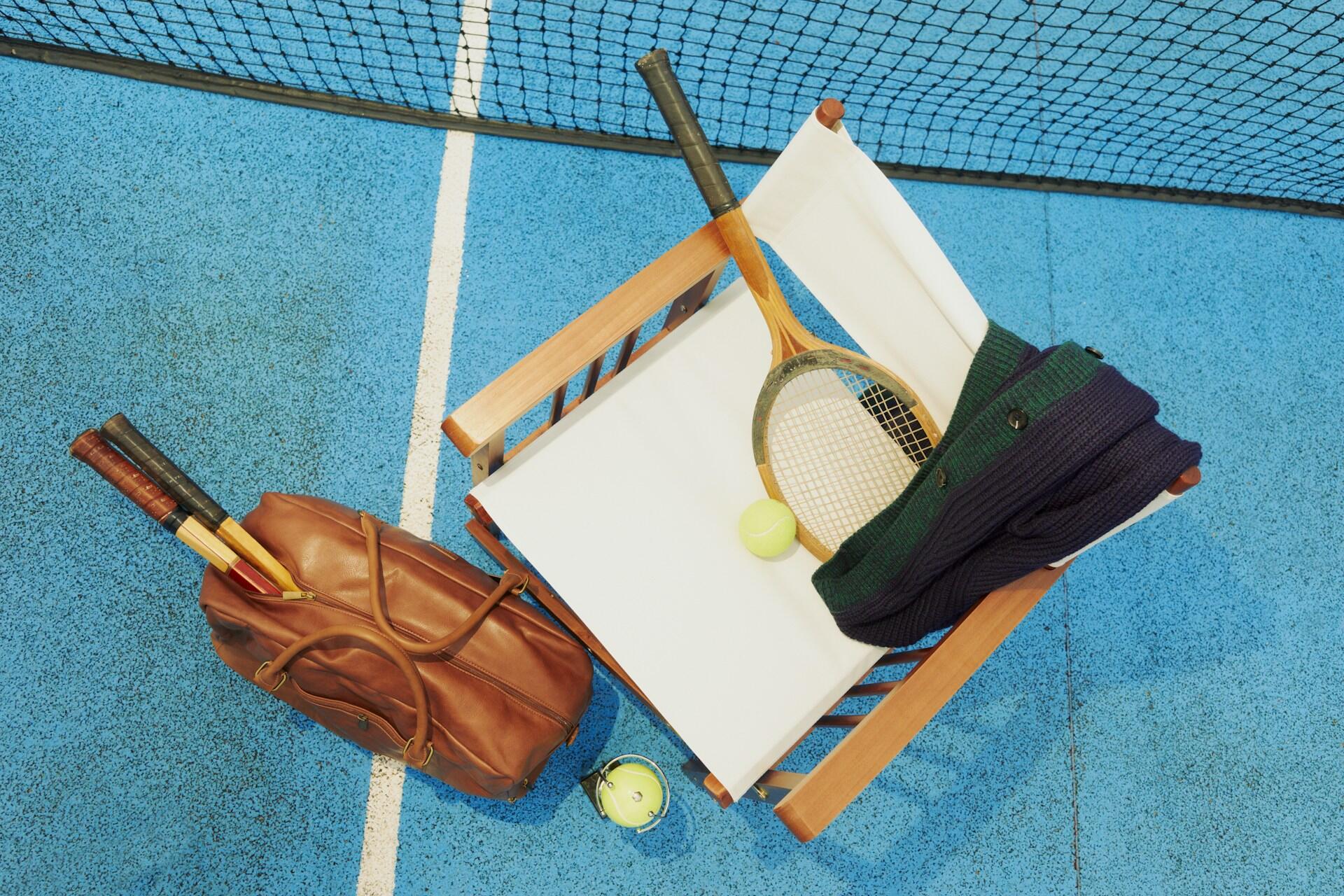
Spending on Tennis Equipment
Rackets and equipment, everything from bags to hats and visors, cost money too. This is one reason many beginners seek extra support through tennis classes near me to build their skills alongside improving their on-court performance. Typically, sponsors scout the junior ranks so that they can offer lucrative contracts to the most promising players. Depending on their personal qualities and athletic abilities, one or two types of sponsors will offer a deal.
equipment sponsors
- may provide bags, rackets, sweatbands, hats, visors, and more
- beginner to average players
- older players outside the Top 50 rankings
apparel sponsors
- top players with strong social media presence
- attractive and relatable
- from a country where tennis is popular
Were it not for sponsorship deals, only the top tennis players would be able to continue playing. And, they would have to have a consistent win record in the higher-paying tournaments to afford to keep themselves supplied.
As a player's reputation grows, so do the sponsorship offers. A dynamic, young, attractive player like Carlos Alcaraz counts Calvin Klein, Rolex, and BMW as sponsors, among others. Those companies have nothing to do with tennis, and everything to do with Carlos - namely, the image he projects.
Only one tennis player can win a tournament in the category they represent. That means everyone else, the finalists, semi- and quarterfinalists, and those eliminated in the rounds and qualifiers, earn much less. One look at the Mutua Madrid win list for the past five years reveals that none of those players could continue playing without sponsors.
Tournament Sponsors
Tournaments need sponsorships, too. On its own, The Madrid Open would be hard-pressed to keep its facilities safe and maintained. It would lack the funds to pay decent prize money to tournament winners. And, tournament publicity would drop sharply. In addition, local initiatives such as Hyde Park tennis lessons help strengthen the sport within the community.
Mutua Madrileña, a Spanish insurance brand, and the city of Madrid are its main sponsors.
Besides them, this tournament lists brands from Lacoste to Lavazza, Mercedes, and many more.
Prize Money Madrid Open: What Players Earn
The bottom line is: how much a player can earn depends on many factors, not all of them related to their tennis skills. The COVID shutdowns devastated tennis tournament funding, leaving the players scrambling for paydays that were 60% less than the previous year.
A tournament's standing in the schedule impacts how much players can earn, too. The Grand Slam tournaments have the biggest purses. Other competitions, including the Madrid Open, write far smaller cheques for their winners.
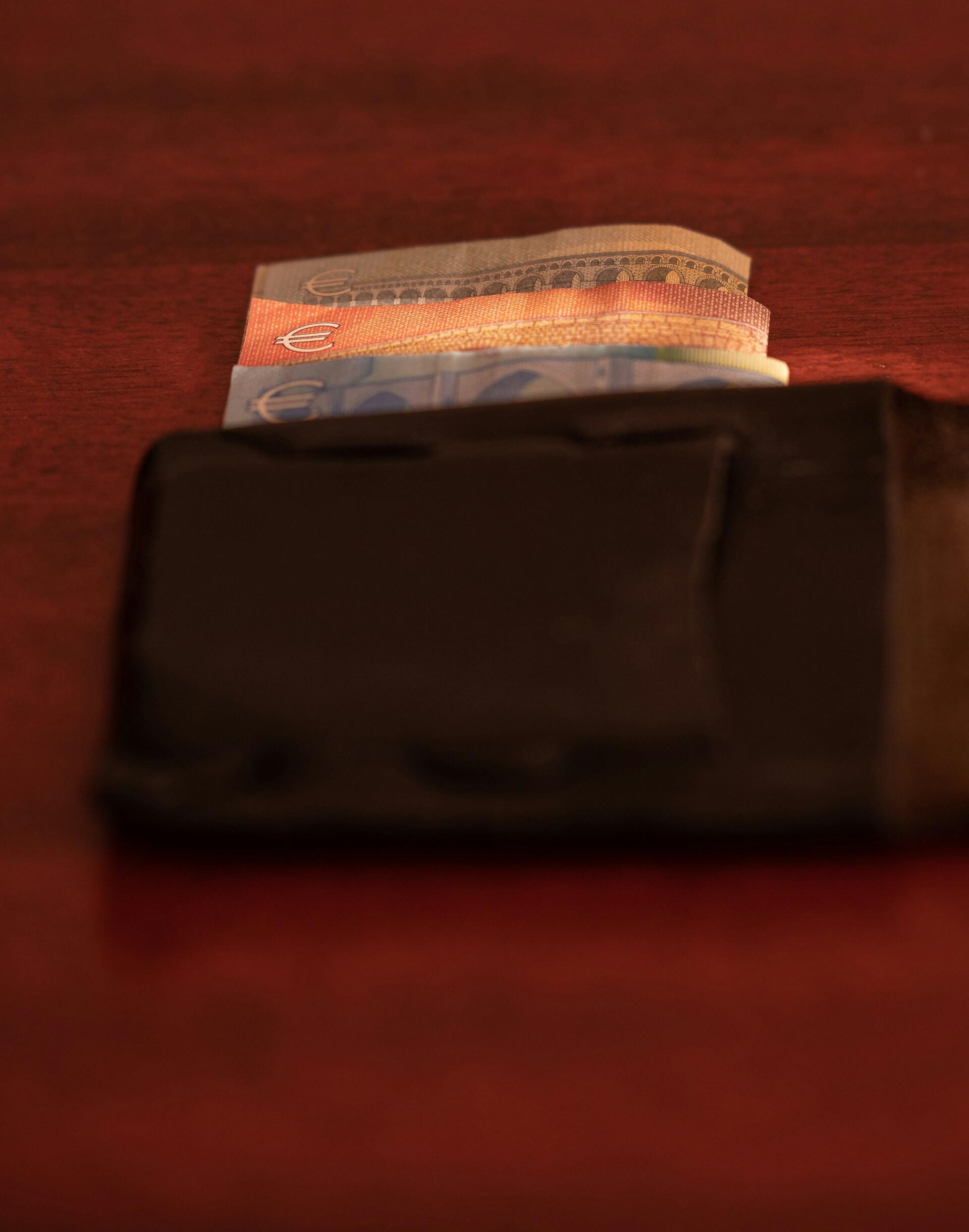
Still, Madrid winners see larger paydays than winners outside the Grand Slam schedule.
Australian Open: January 12 – February 1, 2026
French Open: May 24 – June 7, 2026
Wimbledon: June 29 – July 12, 2026
US Open: August 31 – September 13, 2026
Paydays are meagre for tournaments contested between late September and December. During that time, players rely on sponsorship monies to continue their training, buy new equipment and, for those in the lower ranks, survival.
Also, during that time, tournament venues around the world spent sponsored funds to upgrade their arenas, maintain the courts, and pay their staff. That staff includes coaches, who train new generations of tennis professionals. As those junior players master tennis strategy, sponsor scouts hover courtside, looking for their next protégé.
The tennis world has a self-supporting financial ecosystem, of which the Madrid Open is a part. Over its 23-year history, this tournament has taken great strides to attract top players - and big money. Its efforts have paid off. Madrid is one of the most highly anticipated clay season tournaments on the tennis calendar.
Summarise with AI:








